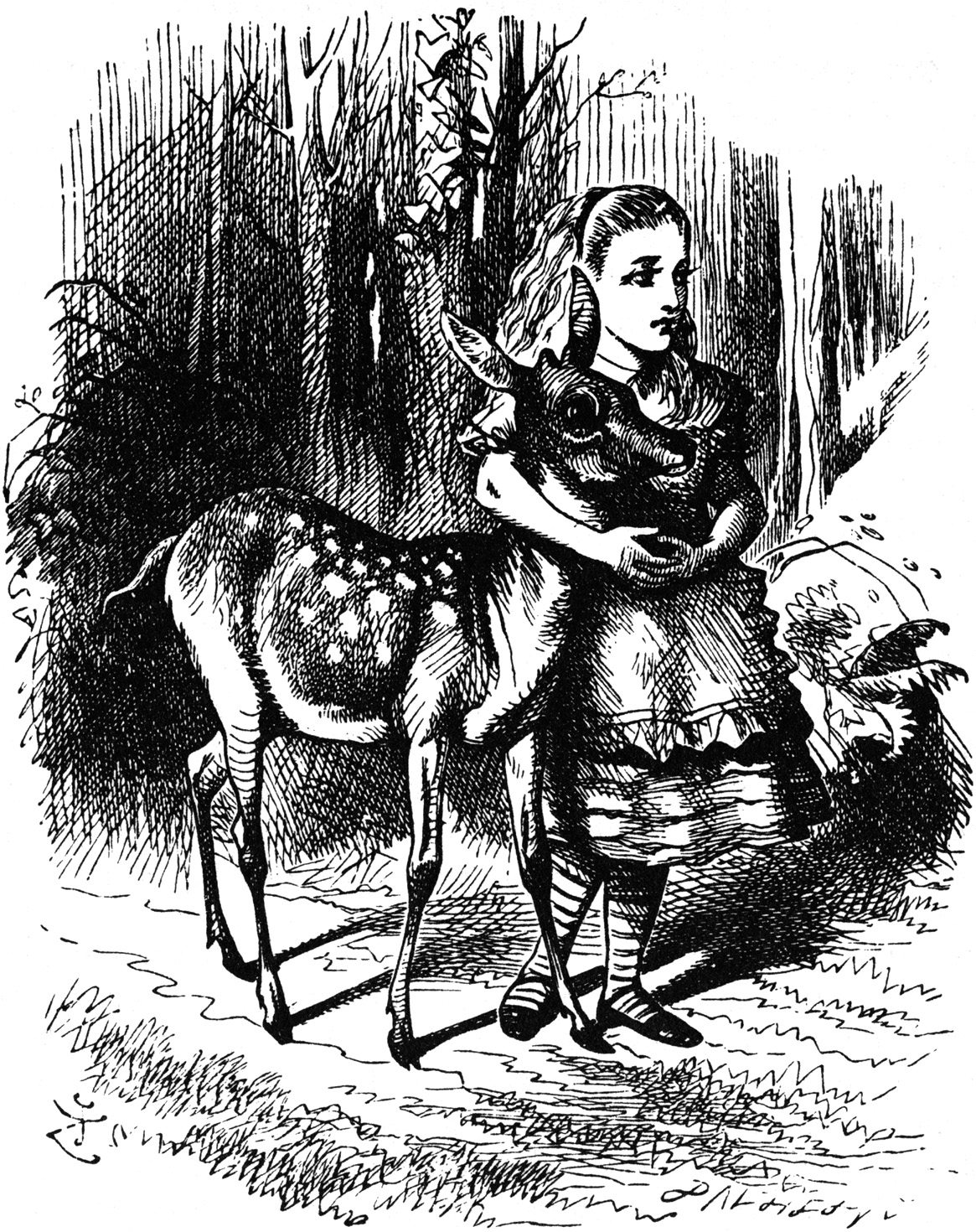Easter Sunday
It has become a tradition here at Better Living through Beowulf to share a Mary Oliver poem on Easter. Even though Oliver seldom talks overtly about religion, many of her poems have an Easter drama in which a world of darkness is touched by grace and redeemed. One sees this clearly in “Egrets,” which I wrote about on Easter 2010.
Today’s poem features a moment, occurring 30 years earlier, where Oliver believes she came face to face with the divine. The moment reminds me of the miraculous moment when Mary Magdalene encounters Jesus in the garden:
Now Mary stood outside the tomb crying. As she wept, she bent over to look into the tomb and saw two angels in white, seated where Jesus’ body had been, one at the head and the other at the foot.
They asked her, “Woman, why are you crying?”
“They have taken my Lord away,” she said, “and I don’t know where they have put him.” At this, she turned around and saw Jesus standing there, but she did not realize that it was Jesus.
He asked her, “Woman, why are you crying? Who is it you are looking for?”
Thinking he was the gardener, she said, “Sir, if you have carried him away, tell me where you have put him, and I will get him.”
Jesus said to her, “Mary.”
She turned toward him and cried out in Aramaic, “Rabboni!” (which means “Teacher”).
The divine awakens Oliver from slumber while she is out picking blueberries. It is a moment that she remembers for the rest of her life and treasures in her heart. Seeing Mary Magdalene through Oliver’s poem, we can say that she too never saw the world the same again as she rose out of the rough weeds of her grief, sleepy and amazed, to listen and look. The beautiful apparition, “so wide and so deep it has lasted to this day,” infused her life with meaning.
Picking Blueberries, Austerlitz, New York, 1957
By Mary Oliver
Once, in summer
in the blueberries,
I fell asleep, and woke
when a deer stumbled against me.
I guess
she was so busy with her own happiness
she had grown careless
and was just wandering along
listening
to the wind as she leaned down
to lip up the sweetness.
So, there we were
with nothing between us
but a few leaves, and wind’s
glossy voice
shouting instructions.
The deer
backed away finally
and flung up her white tail
and went floating off toward the trees –
but the moment she did that
was so wide and so deep
it has lasted to this day;
I have only to think of her –
the flower of her amazement
and the stalled breath of her curiosity,
and even the damp touch of her solicitude
before she took flight –
to be absent again from this world
and alive, again, in another
for thirty years
sleepy and amazed,
rising out of the rough weeds
listening and looking.
Beautiful girl,
where are you?
“Come, Lord Jesus,” we call out in our longing. Or “Beautiful girl, where are you?”
Further thought: I’ve been listening to Krista Tippett’s On Being interview with Father Richard Rohr and now have another way to understand what Oliver means by her two worlds. Rohr talks about the difference between chronological time and deep time:
To be a contemplative is to learn to trust deep time and to learn how to rest there and not be wrapped up in chronological time. Because what you’ve learned, especially by my age, is that all of it passes away. The things that you’re so impassioned about when you’re 22 or 42 don’t even mean anything anymore, and yet, you got so angry about it or so invested in it. So, this word “contemplation,” it’s a different form of consciousness. It’s a different form of time.
Other Mary Oliver Easter poems
A White Cross Streaming across the Sky
Out of the Blackness Every Morning
Far off the Bells Rang through the Morning


